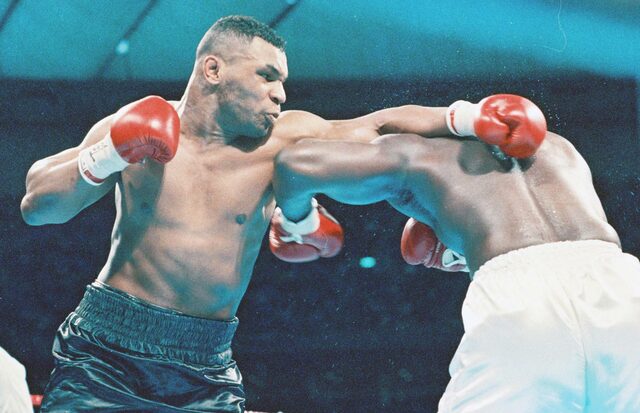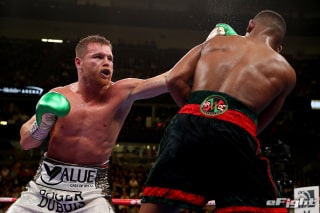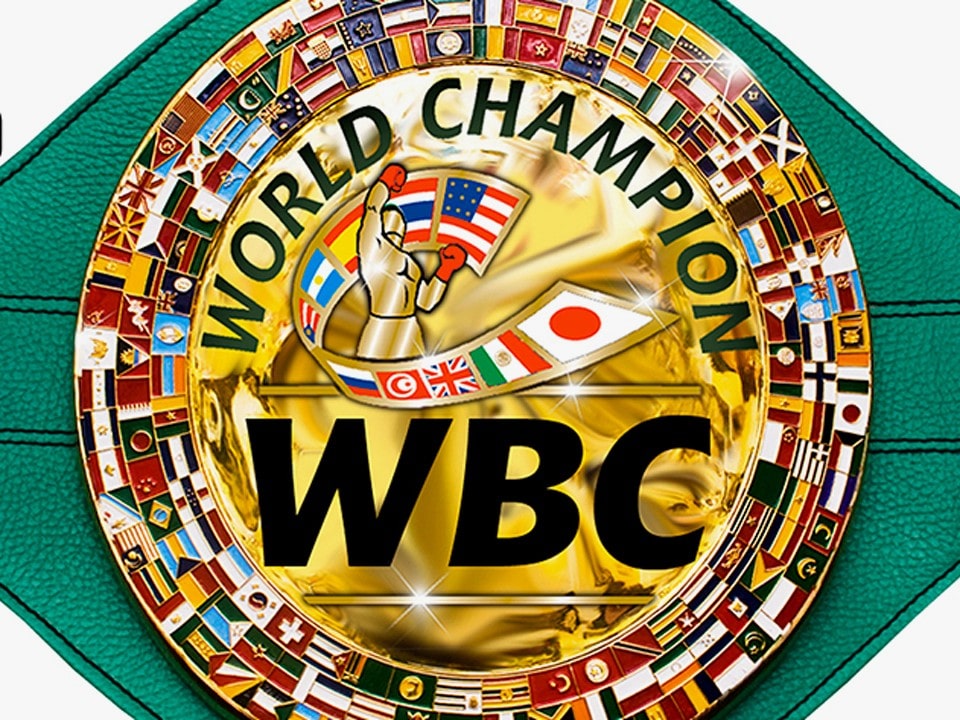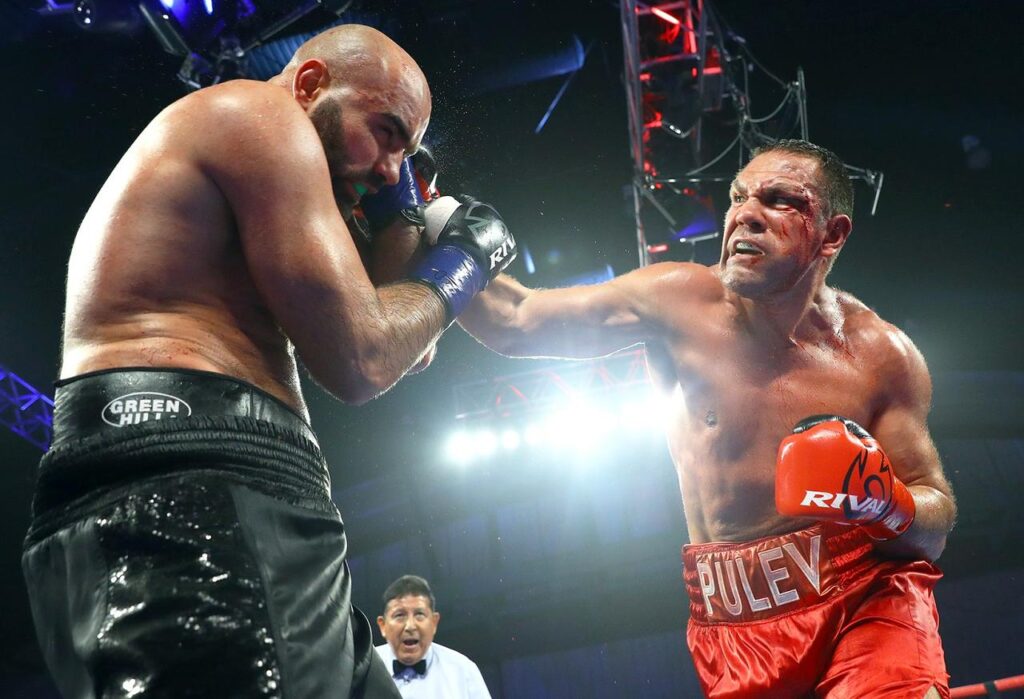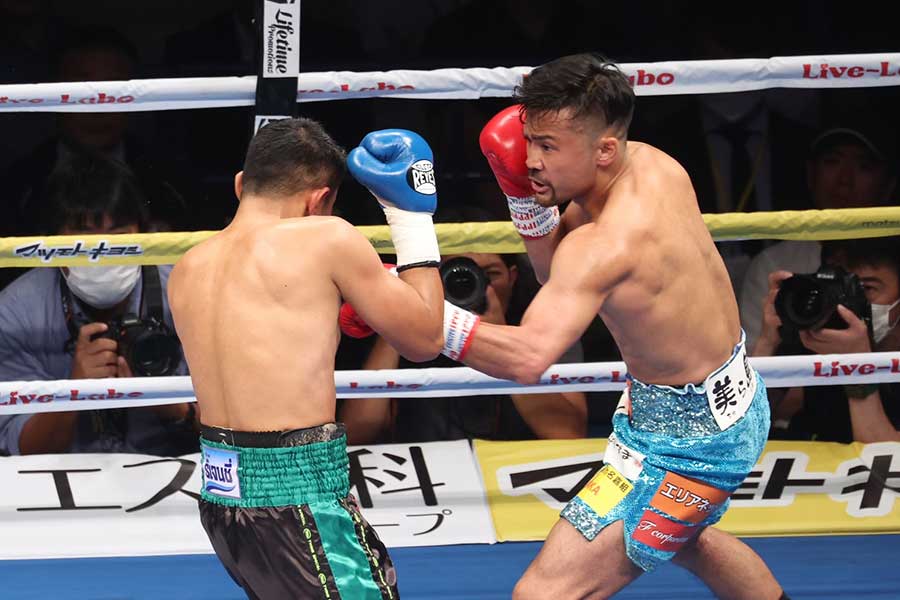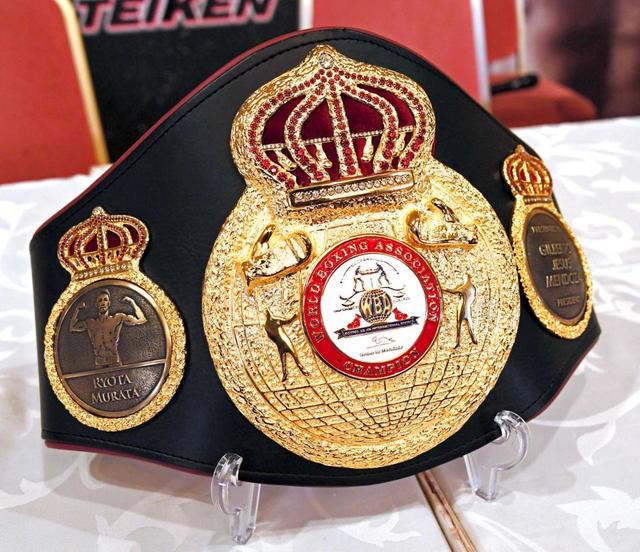
World boxing champions reach the pinnacle of their sport by winning the title, and at the same time attract attention from all over the world.
They have carved their names in the history of the boxing world by defeating numerous challengers with their technique, mental fortitude, and unique strategies.
This article takes a closer look at the world boxing champions and how their titles were formed, and how they continue to hold that title.
Being a world champion means more than just being a technically good boxer.
It also means mental toughness, strategic thinking, and sometimes significant social influence.
In this article, we will follow the journey of how the boxing world champion achieved and maintained his status.
目次
- 1 Definition and history of boxing world champions
- 2 Major boxing organizations and titles
- 3 Record-breaking world champions
- 4 Influence of Japanese boxing world champion
- 5 Women’s boxing world champions and their achievements
- 6 Tactics and training to become a world champion
- 7 The future of world champions and the evolution of boxing
Definition and history of boxing world champions
The title of World Boxing Champion is one of the highest honors in the sport.
This title is considered a proof that a boxer has survived international competition and has the most superior technique and strength.
In this section, we will explain in detail how the title of world champion was born and how it has changed over time, as well as historical champions and their historical background.
Origin of the title of world champion
The concept of a world boxing champion originated in England in the 19th century.
At that time, bare-knuckle boxing , known as bare-knuckle boxing, was the mainstream, and this evolved into modern boxing that uses gloves.
The first recognized heavyweight world champion was John L. Sullivan, who achieved the title in 1885.
His title helped establish boxing as an organized sport.
Historic champions and their eras
Boxing history is filled with many great champions.
In the 1920s, Jack Dempsey made a name for himself with his hard hitting power, and in the 1930s, Joe Louis held the heavyweight championship for more than 12 years.
Also in the 1960s, Muhammad Ali captivated the world with his charisma and boxing skills, establishing a special place in boxing history.
These champions made significant contributions to the popularity of the sport and the evolution of boxing techniques in their respective eras.
These historic champions shaped boxing along with the social, cultural, and technological advances of their time, and have had a profound influence on subsequent generations.
The world boxing champions are not just athletes, but icons of their time, and are remembered by many people to this day.
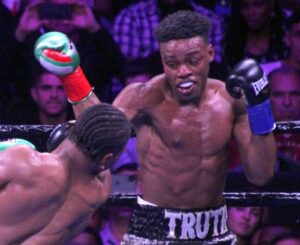
Major boxing organizations and titles
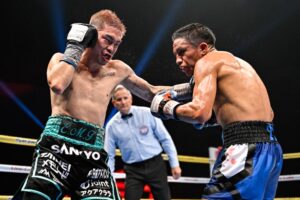
Record-breaking world champions
One of the most admired accomplishments in the world of boxing is the number of title defenses and division dominations.
These records demonstrate the boxer’s great technique, persistence, and versatility.
Most defense record
In the history of boxing, Joe Louis holds the record for most title defenses with 25, which still stands.
His record shows long-term dominance and is a goal for many other boxers to follow.
On the other hand , Japan’s Yoko Gushiken has achieved 13 defenses in the light flyweight division, which is known as a domestic record ( Sports Information Club ) .
Champion of multiple weight classes
Manny Pacquiao is most famous for having won six weight classes.
He has won titles from flyweight to super welterweight and is respected by fans around the world for his incredible adaptability and skill.
From Japan, Kazuto Ioka and Naoya Inoue have achieved four-division championships, increasing the international reputation of Japanese boxing.
These records represent an extraordinary accomplishment in the boxing world and are considered goals that future boxers should aspire to.
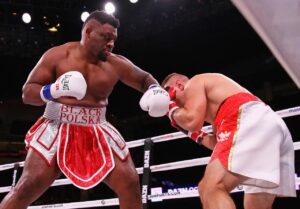
Influence of Japanese boxing world champion
Japanese boxing world champions have had a huge impact on the domestic and international sports scene with their achievements and charm.
Here, we explore the history and accomplishments of Japan, from the first world champion to the modern champion.
First Japanese world champion
Yoshio Shirai was the first Japanese to become a world boxing champion.
In 1952, he achieved this feat by defeating world flyweight champion Dado Marino .
Shirai went on to become a hero in the Japanese boxing world, making four successful defenses.
His victory gave postwar Japanese society great hope and courage, and he was widely praised as a national hero ( note ) .
modern Japanese world champion
In modern times, Kazuto Ioka and Naoya Inoue are attracting attention on the international boxing scene.
Kazuto Ioka won world titles in multiple weight classes and raised the international profile of Japanese boxing.
On the other hand, Naoya Inoue has won many matches with his overwhelming punching power and tactics, earning him the nickname “Monster.”
Their successes have had a great influence on young athletes in Japan and abroad, and are encouraging the further development of Japanese boxing ( Wikipedia ) .
Japanese boxing world champions have made Japanese boxing known around the world with their strength and technique, and continue to influence the next generation of athletes.
Their successes play an important role not only in boxing but also in Japan’s sports culture as a whole.
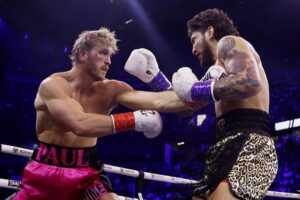
Women’s boxing world champions and their achievements
The world of women’s boxing has experienced significant growth and evolution in recent years.
The rise of female champions and the accompanying development of the sport are attracting attention around the world.
Rise of female champions
The world champions of female boxing are attracting attention for their overwhelming skill and strength.
For example, Katie Taylor is an Irish boxer who is a world champion in many weight classes.
She faced off against Amanda Serrano in a match held at New York’s Madison Square Garden , becoming the first woman to headline the venue’s main event ( Sporting News ) .
Development and influence of women’s boxing
Developments in women’s boxing are providing opportunities for more women to participate in the sport and improving its competitive status.
Boxing leagues and organizations around the world are creating categories for women, helping to discover and develop new talent.
These moves have contributed to raising the technical level of women’s boxing and are a key element in increasing diversity and inclusion within the sport as a whole.
The achievements of female boxers are noteworthy in the sports world as a whole, and their achievements have a great influence on the next generation of athletes.
The success of women at the forefront of sport is a step towards overcoming gender barriers and creating a level playing field.
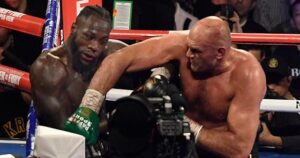
Tactics and training to become a world champion
To become a world boxing champion, simply having physical strength is not enough.
The champions’ training routines and tactical approach have been the foundation for them to reach this height.
This section will focus on and detail specific training methods and pre-match preparation to become a world champion.
Training routines for champions
The training to become a world champion is extremely rigorous and systematic.
Training routines range from basic physical fitness to specific technique improvement.
For example, aerobic exercise such as running, swimming, and cycling are routinely performed to increase stamina and endurance.
Weight training is also important to increase the power of your punches, with particular emphasis on strengthening your abdominal muscles, back muscles, and shoulder muscles.
Technical exercises, including shadow boxing and mitt hitting, are essential for honing offensive and defensive skills.
These exercises are designed to improve your movement accuracy and reaction speed in the ring.
Tactical approach and match preparation
Tactical preparation involves thoroughly studying how your opponent fights.
Understand your opponent’s strengths and weaknesses by doing video analysis and watching their past matches.
This allows you to develop a tactical plan and adjust your specific approach in the match.
Mental training is also very important.
Increase your mental focus through autosuggestion and meditation, and develop your ability to cope with the pressures of the big stage.
In addition, proper nutrition and rest are essential for managing your physical condition before a match.
The training and tactical approaches of world champions are examples of how they achieve and maintain their positions.
These methods are a rich learning resource for the next generation of boxers and greatly contribute to improving their boxing skills.
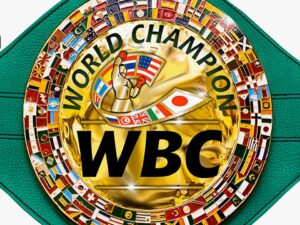
The future of world champions and the evolution of boxing
The world of boxing is constantly evolving, and new techniques and training methods are accelerating its evolution.
In this section, we delve into how the latest technological innovations are impacting boxing and how the sport of boxing will continue to evolve.
Impact of new technology and training methods
Modern boxing training emphasizes a scientific approach.
Data collection using video analytics, biomechanics and wearable devices has become commonplace, allowing players to analyze their performance in detail and create training programs tailored to their individual needs.
This data-driven approach dramatically increases the efficiency and effectiveness of training.
In addition, simulation training using virtual reality (VR) technology has been introduced, allowing players to hone their skills while imitating an actual match environment.
This allows players to experiment with risky techniques and develop tactics in a safe environment.
Predictions for the future of boxing sports
As boxing continues to be influenced by technological innovation, it is expected that it will evolve into an even more dynamic and inclusive sport.
For example, it is expected that there will be an increase in the number of female boxers and that new rules will be introduced at international boxing competitions.
These changes have the potential to make boxing a more diverse and accessible sport and attract new fan bases.
Furthermore, as boxing training becomes more digital and personalized, it may become possible to receive top-level instruction even from remote locations.
This will allow talent to be discovered and nurtured from anywhere in the world.
The future of boxing is expected to be shaped by innovative technology and its widespread use.
These advances will continue to develop boxing into an even more exciting and competitive sport, offering new appeal to sports fans around the world.
